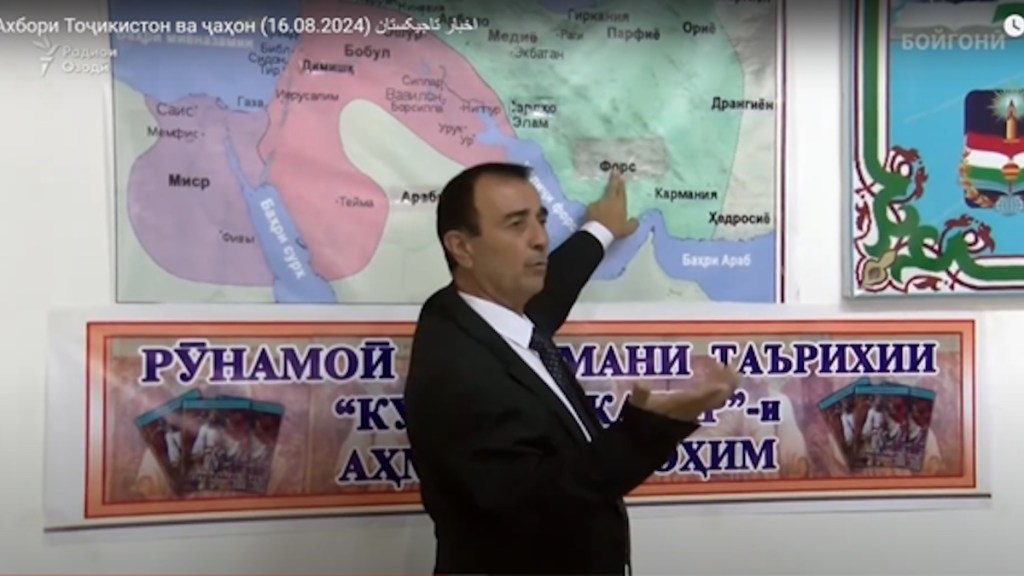New York, January 13, 2025—A court in Tajikistan’s southern city of Kulob on January 10 sentenced Ahmad Ibrohim, chief editor of the independent weekly newspaper Payk, to 10 years in prison on charges of bribery, extortion, and extremism.
The closed-door trial was held in the city’s pretrial detention center, with authorities reportedly classifying the case as secret.
“With Tajik authorities having all but obliterated the independent press over the past decade, the hefty sentence meted out to Ahmad Ibrohim shows the lengths they will go to stamp out critical reporting,” said Gulnoza Said, CPJ’s Europe and Central Asia program coordinator. “Tajik authorities should immediately release Ibrohim, along with seven other journalists serving lengthy sentences on retaliatory charges, and reform the country’s repressive media environment.”
Law enforcement officers in Kulob arrested Ibrohim on August 12 on charges of bribing a state security services officer.
Radio Ozodi, the local service of U.S. Congress-funded broadcaster Radio Free Europe/Radio Liberty, reported that Ibrohim’s arrest appeared to have been a setup.
The only independent outlet in Tajikistan’s southern Khatlon Province, Payk has previously complained of pressure from local authorities in retaliation for critical reporting.
Radio Ozodi also reported that investigators questioned around a hundred local officials who had paid Payk for services such as for subscriptions or purchases of Ibrohim’s books, and that prosecutors summoned around 20 of them to appear in court — alleging that Ibrohim had extorted them.
Ibrohim denied the charges. In a letter to Rustam Emomali, the chairman of parliament and son of Tajikistan’s president, reviewed by CPJ, he said that none of those who testified in court had said that he extorted them, only that they subscribed to his newspaper. He described the extremism allegation as “risible,” saying he had spent his life fighting against extremism and had been threatened by Tajik members of the militant Islamic State group over his articles on the subject.
A source familiar with the journalist’s case, who spoke on condition of anonymity, fearing retaliation, told CPJ that Ibrohim had defended himself, as lawyers either demanded excessive fees or refused to take the case for fear of reprisal.
